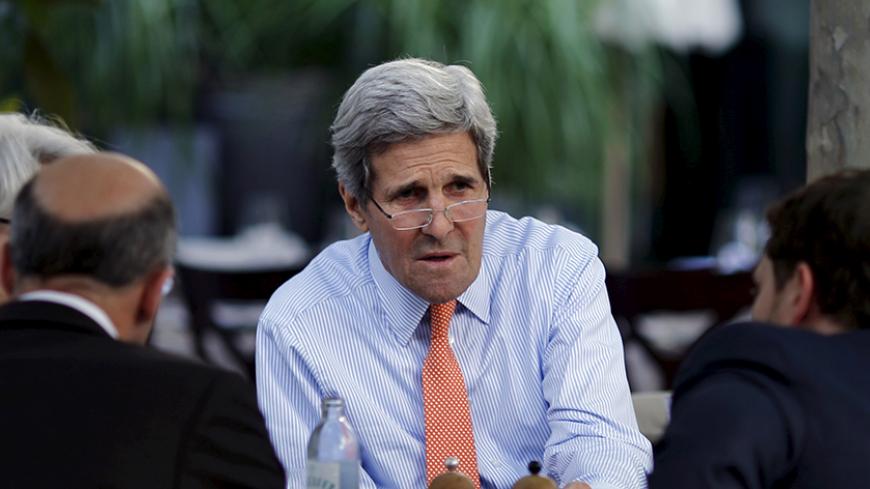Is the Additional Protocol to the nuclear Non-Proliferation Treaty a dangerous one? Will Iran be faced with unforeseen demands by the International Atomic Energy Agency if it agrees to it? The short legal answer to both of these questions is no.
These are the final days of negotiations between Iran and the five permanent members of the UN Security Council plus Germany (P5+1). These negotiations will determine the fate of Iran’s comprehensive nuclear agreement, and it is obvious from the tone of senior Iranian officials, President Hassan Rouhani included, that with this agreement Iran will once again, after almost 10 years, voluntarily agree to enforce the Additional Protocol.



